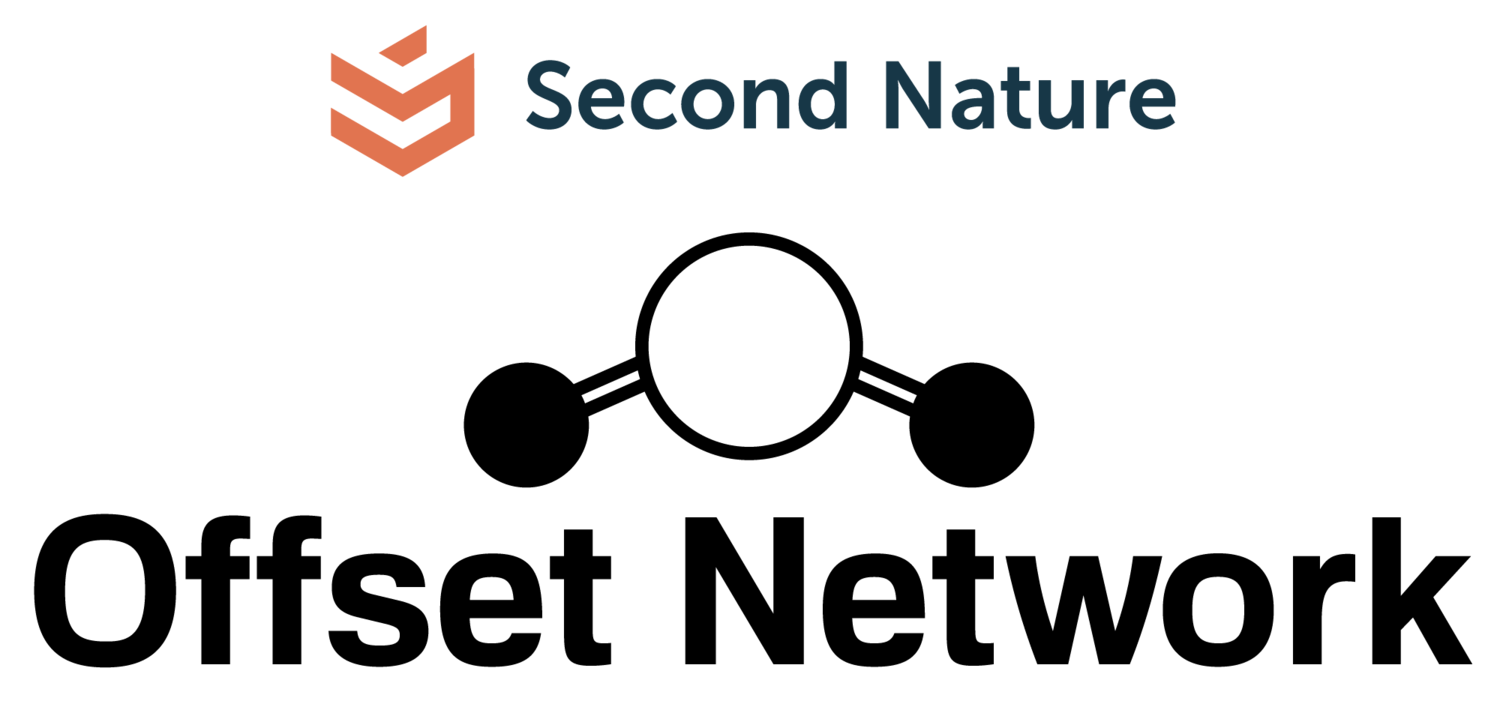One of the Offset Network’s goals is to advance the academic mission of colleges and universities by providing educational and research opportunities for students. Engaging students in offset protocol research, project development, and project verifications can teach valuable skills in project management and real-world application of emissions reduction initiatives. Students also gain project-specific experience (such as tree identification), and technical carbon accounting skills that prepare them for future careers in sustainability and carbon markets.
Peer verification in particular is designed to create learning opportunities for students. Typically, a faculty or staff member at the verifying institution will supervise one or a team of students who conduct the validation or verification.
During our current project type focus initiative, we expect there will be ample opportunities for student engagement in the design and monitoring of Improved Forest Management offset projects on US campuses. For more information on this initiative, click here.
Past Examples of Offset Network Student Engagement
Elon University
David Vandermast, Associate Professor of Biology, has had two students working on carbon offset verifications – one who graduated in 2019 and one who started working with him in spring 2020. The first student worked on all aspects of project validation for one of Duke University’s urban tree planting projects, and wrote the first draft of the validation report that they submitted to Duke and the Offset Network. The second student is following a similar path and will do most of the same work for a different project validation.
Both students are science majors at Elon University (Environmental Studies and Biology) and are interested in conservation-related topics. They participated in the peer verifications as part of a course that allows students to earn credit for research. The verifications supplemented coursework with real-world experience. For one student, this will be part of a research project where she examines carbon sequestration over four tree planting strategies.
“I regularly have students come to me to do research so for the peer verifications I simply had to find one who I knew would like being outside and learning about trees and carbon sequestration. Work with both students has gone well, primarily because they both are self-motivated and always seek to do the best job they can. They are also excited to get involved in a real world issue and to produce a piece of work that has an immediate impact.” – David Vandermast
Learning outcomes for the students include learning how to conduct themselves professionally, write concisely, and seeing how a conservation/sustainability-related project plays out in real life. The students also learned about trees and some of the ups and downs of urban forestry.
“These projects require students who like fieldwork but also have good reading and writing skills if you want the student to be part of the entire project. The way I work with students requires them to have a certain level of self-motivation as I expect them to work through material to be prepared for us to meet and discuss it.“ – David Vandermast
American University
Megan Litke, Director of Sustainability Programs at American University (AU), has worked with students on two validations for tree planting projects. The first one was for Duke University and was the first peer validation completed by university students. The second one, led by Courtney Stoner, Sustainability Analyst at AU, was for Virginia Commonwealth University. In both cases, the students enrolled in an independent study with course work on reviewing project documentation and interviewing people involved in the projects. They received course credit and grades for their work. For the Duke University project validation, AU students traveled to North Carolina and conducted a site visit. Due to COVID-19, a site visit for Virginia Commonwealth University was not possible and the peer-verification team is now working with University of Richmond to complete the project.
American University also developed its own tree planting offset project in Washington, DC. Students were invited to participate in a tree planting to kick off the project.
“Students led the effort to validate the projects. Using the tools from the Offset Network, students reviewed project documentation, conducted follow-up interviews, and learned about tree identification in preparation for site visits. Students also were assigned reading to help them gain a better understanding of offsets and their role in a variety of projects on campus and globally.” – Megan Litke
In addition to learning about tree identification and offsets, students shared that they learned a great deal about project management, real world data issues, and the challenges and benefits that come from new types of projects.
“Providing students with initial readings and tools allowed us to get into the project specific documents quickly. Weekly check-ins and periodic time line reviews allowed us to adjust and reset expectations when needed. The check-ins also provided an opportunity to offer assistance in finding information when the students were encountering barriers. The project management component of the validation effort provides a great learning opportunity and should be included in any objectives.” – Megan Litke



